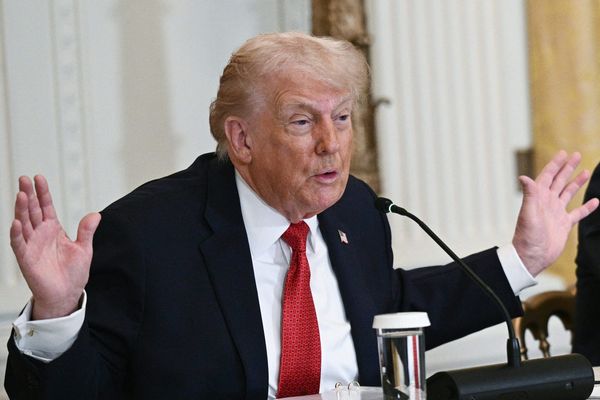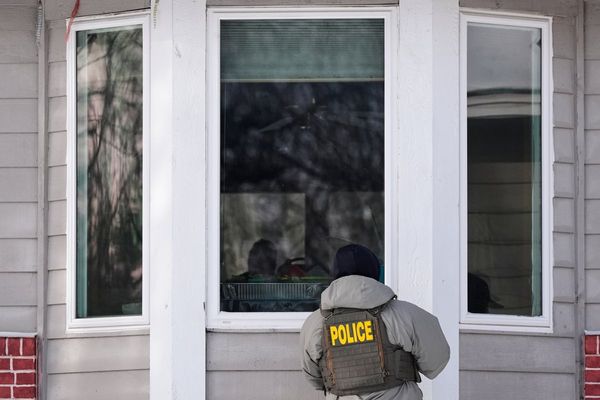
In a landmark decision, a federal appeals court has ruled that former President Trump is not immune from criminal prosecution for actions taken while in office. The unanimous ruling by the three-judge panel effectively clears the way for the special counsel, Jack Smith, to proceed with federal criminal charges against Trump. The charges include multiple counts accusing him of attempting to undermine the 2020 election.
In response to the court's decision, Trump announced plans to appeal, arguing that presidential immunity is a necessity. Trump expressed concern about the potential retribution from the opposing party after leaving office, stating that without immunity, a president would be afraid to act. However, he has a limited amount of time to file an appeal. The court has given him six days to request the intervention of the Supreme Court and seek a delay in the case while pursuing other avenues of appeal.
The appeals court's unanimous and forceful ruling, contained within a 57-page opinion, addressed every aspect of Trump's arguments and vehemently rejected his claim of presidential immunity. The court asserted that no president is above the law and emphasized the responsibility of the judiciary to address allegations of criminal behavior brought by the Justice Department against a former president.
The allegations against Trump include throwing out votes, obstruction of justice, and conspiracy. The court clarified that these charges are within the realm of prosecutable offenses, stating unequivocally that Trump's arguments, if accepted, would undermine the separation of powers and grant the president immunity from all branches of government.
As the case moves forward through the appeals court system, Trump faces an uphill battle in his attempts to have the trial delayed or dismissed. While the Supreme Court has the discretion to consider his appeal, it is not obligated to do so. It is widely believed that the court would prefer to defer making a decision unless absolutely necessary. If the appeal is rejected, the case will return to the trial court, and Trump's chances of successfully pursuing other appeals diminish.
Trump's legal team also has the option to bring the case before the full circuit court, which consists of a larger panel of judges. However, this avenue would further delay the process. The appeals court carefully outlined Trump's appeal options, indicating that the Supreme Court is the last resort. By doing so, they effectively conveyed to Trump that this stage of the proceedings is a 'Supreme Court or bust' scenario.
The ruling from the appeals court represents a significant development in the legal battle against Trump. It reaffirms the principle that no individual, including a former president, is immune from criminal prosecution. The outcome of Trump's appeal will determine whether he will face trial for the charges brought against him, marking a crucial moment in the country's ongoing pursuit of justice and accountability.







